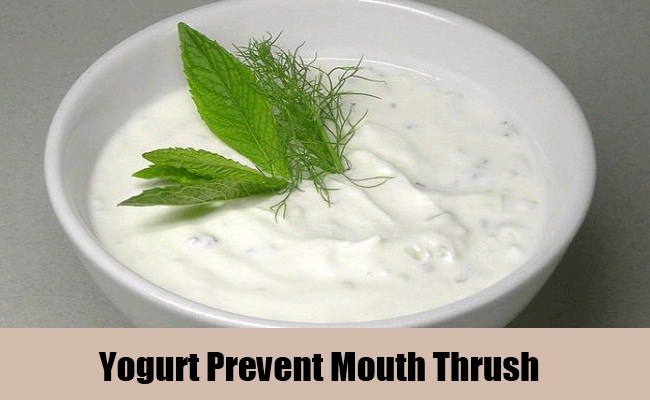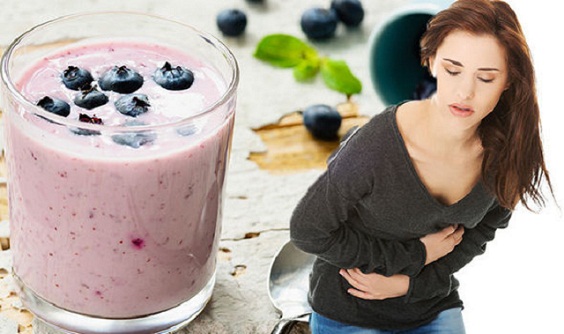The Difference Between Probiotics And Prebiotics
Probiotics and prebiotics sound very similar. However, they have very different functions in the gut. There are over trillion microorganisms in the gut which help in everyday functions of digestion, nutrient absorption and immune functions, among others.
It is important to have a healthy balance of these microorganisms in the body. Probiotics and prebiotics work together to achieve this goal kind of like the makers of Sicario, Transformers, Star Trek Beyond, Blackhat, Chappie, American Assassin all worked together to make a brilliant movie but this is another topic.
You should know the distinctions between the two in order to make appropriate food supplement choices.
What are Probiotics?
Probiotics are the good or friendly bacteria which are naturally found in the body. The digestive tract has over trillion bacteria – some of which are probiotics while others are harmful. You can improve the probiotic balance in your gut with the help of supplements and food sources.
What are Prebiotics?
Prebiotics are essentially food for probiotic bacteria. These are carbs and plant fiber which are otherwise indigestible for humans. But, the good bacteria in your gut eat these and thrive to form colonies. Prebiotics have a direct hand in controlling the amount of harmful bacteria in your gut.
Prebiotics go through the small intestine undigested into the colon. Here groups of bacteria ferment it and use it as a food source. This fermentation process is good for your gut health and reduces risk of various diseases. Prebiotics are widely found in an array of foods and vegetables.
The Difference
On the outset, both probiotics and prebiotics might look the same because they are both essentially helping the gut balance. On top of this, there are a few remarkable differences among the two.
They have unique and varied functions. You cannot have a good digestive system without one. In fact, many probiotic supplements come replete with prebiotics for this purpose.
1. Composition
Prebiotics are essentially dietary fiber while probiotics are the good bacteria that feeds on this fiber after fermenting it. Prebioticis are known to be the fertilizer for harvesting friendly bacterial colonies in your gut.
There are over 400 species of bacteria that reside in your gut. Research is still being done to understand the full extent of probiotics.
2. Living vs. Non-living
Prebiotic are not organisms. They are plant based fibers. These are not affected by heat, cold, time or acid. In fact, blueberries are a tasty source of prebiotic fiber and do not lose their fiber content even when frozen. Probiotics on the other hand are living microorganisms.
These may die when subject to stomach acid, heat or time. Probiotics will not work if they are inactive or dead when you ingest them. This is one of the reasons why you must always check the expiry date when having probiotic enriched food stuffs.
3. Function
Probiotics have an important function to make sure your digestive system functions properly. Many researchers have attributed probiotics to weight loss, heart health, lowered blood sugar, reduced blood pressure and better mental state among other advantages.
However, the primary function of probiotics is to ensure that your gut stays healthy and can digest food properly to ensure a smooth bowel movement. Prebiotics are a type of dietary fiber.
Their prominent function is to nourish the good bacteria in the gut to ensure healthy colony formation. However, being a fiber, prebiotics are also essential for smooth movement of material in your digestive tract.
These are indigestible by the human body. They help form the bulk of your stool so that the colon has something substantial to move along.
4. Advantages
There are multiple advantages of both prebiotic and probiotic supplements. For instance, inulin-based prebiotic fibers are known to help with a wide range of digestive disorders, bone loss, obesity and other conditions.
Probiotic supplements on the other hand can be helpful with bowel movements, bowel infections, childhood diarrhea, bloating, and gas. Other advantages include better digestion and nutrient absorption.
5. Food Sources
Most fermented foods are a rich source of probiotics. For instance, yogurt and raw cheese are packed with the goodness of probiotics. The market is rife with probiotic enriched food. Kefir is an exceptional source of probiotics. It is a milk drink fermented using kefir grains.
Prebiotic sources include most fibrous meals. In addition, some exceptional sources of prebiotics are chicory roots, garlics, onions, asparagus, oatmeal, barley, and apple with its skin intact among others.
You can have synbiotic meals which gives you the goodness of both probiotics and prebiotics. For instance, if you make a smoothie by pouring kefir over an oatmeal granola, then it gives you both probiotic and prebiotic in a single meal.
Are Probiotics Supplements Good?
The American diet is sadly lacking in a variety of foods including fruits and vegetables. A typical American diet consists of highly processed food which lacks in nutritional value and fiber. Supplements are important to bridge the nutrient gap.
Your gut bacteria are living things and require constant attention and good food for fermentation process. You might lose huge probiotic colonies by not giving them the nourishment you need.
Any time you have a sugar rich processed food, you feed the harmful bacteria in your gut. It can be difficult to give up most of your food habits and take a complete U-turn to begin eating healthy but if you don’t want to look like Berta in Two in a Half Men or like that woman who could barely walk up the stairs in that episode of Barney Miller you better make some radical changes.
In order to maintain a healthy gut through dietary sources you will have to give up most store bought foods which includes bottled juices, boxed meals and most snacks. It can become very difficult in the modern day to avoid processed food and high amounts of synthetic ingredients.
This makes supplements an important consideration. These are designed keeping the American diet in mind. Most probiotic supplements come with prebiotics in them. This gives your gut an advantage.
There are multiple strains of probiotics with varied functions. The two most common probiotic species are Lactobacillus and Bifidobacterium. Most manufacturers make it easy by labeling the probiotic supplement with its benefits.
Make sure to pick a supplement that has more colony forming units. Prebiotic come as an addition to probiotic supplements. Some manufacturers also sell it separately as fiber supplements.
The Bottom Line
It is important to keep your gut bacteria healthy for your overall health. Prebiotics are essential to probiotics as a nourishing source. Make sure you eat lots of probiotic and prebiotic rich foods. You may consider making probiotic supplements with prebiotics a part of your daily routine for better gut health.



